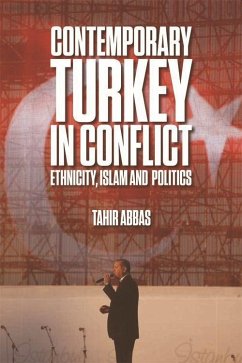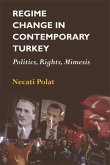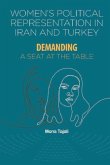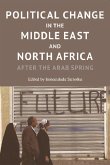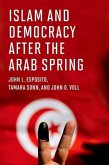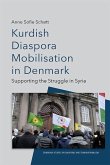'Tahir Abbas surveys some of the major ideas and actors of contemporary Turkish politics and examines the social and economic transformation of the country. Ideal as a reference for understanding state-society relations in Turkey, Abbas' witty and penetrating analysis of Turkish politics is unique. This is a remarkable and a brilliant book.' M. Hakan Yavuz, University of Utah 'Tahir Abbas' study of contemporary Turkey systematically explores the nuances of ethnic relations and social conflict in the current epoch. It is an inspired sociological, political science and socio-historical contribution to existing research on this complex, fraught and multi-layered nation.' Ferhat Kentel, Istanbul Sehir University Explores ethnicity, politics and Islam in Turkey in the twenty-first century New perspectives on ethnic relations, Islam and neoliberalism have emerged in Turkey since the rise of the Justice and Development Party (AKP) in 2002. Placing the period within its historical and contemporary context, Tahir Abbas argues that what it is to be ethnically, religiously and culturally Turkish has been transformed. He explores how issues of political trust, social capital and intolerance towards minorities have characterised Turkey in the early years of the twenty-first century. He shows how a radical neoliberal economic and conservative outlook has materialised, leading to a clash over the religious, political and cultural direction of Turkey. These conflicts are defining the future of the nation. Key Features . Analyses attitudes and perceptions of Turkish respondents based on survey data from the European Social Survey . Case studies of the Gezi Park protests of 2013 and of a Kurdish community in the southeast of Turkey shed light on intergroup relations, social conflict, cultural cohesion, political resistance and mobilisation . Offers an important contribution to the discussion of Islamism, capitalism and democracy in Turkey Tahir Abbas is currently Senior Research Fellow at the Royal United Services Institute in London. He is author and editor of several books, including Islamic Radicalism and Multicultural Politics (2011). Cover image: Lefteris Pitarakis/AP/Press Association Images Cover design: [EUP logo] edinburghuniversitypress.com ISBN 978-1-4744-1798-3 Barcode
Hinweis: Dieser Artikel kann nur an eine deutsche Lieferadresse ausgeliefert werden.
Hinweis: Dieser Artikel kann nur an eine deutsche Lieferadresse ausgeliefert werden.

